The Federal Government has announced this week that it will mandate that businesses selling essential items must accept cash as payment, in a move aimed at protecting vulnerable Australians who rely on cash for their everyday needs.
These mandates will undergo a consultation period that will commence before the end of 2024, before taking effect on 1 January 2026.
Although the Treasurer announced that ‘essential items’ will include groceries and fuel, the parameters of the mandate, including which items and therefore businesses will be affected, will be clarified throughout the course of consultations.
Still, businesses operating in the retail sector should be on notice that, in addition to groceries and fuel, the following goods may also be deemed ‘essential’, and their business may be affected:
- household utilities, including gas, water and electricity
- pharmaceutical products, including non-prescription medicine
- healthcare services
- taxis and public transport.
Small businesses are likely to be exempt.
The mandate will particularly focus on regional areas where digital payments may not be available, so a wider range of businesses with a retail presence in rural areas should also remain aware of the proposed mandate. The Treasurer will use the consultation process to investigate how to give life to the mandate in regional areas by facilitating cash availability and transport.
Although 94% of Australian businesses currently accept cash, this announcement means that businesses selling essential goods should think twice about moving towards accepting digital-only payments.
CIE Legal will continue to make timely updates to our clients where they may be affected.
To read more about the announcement, see here.



